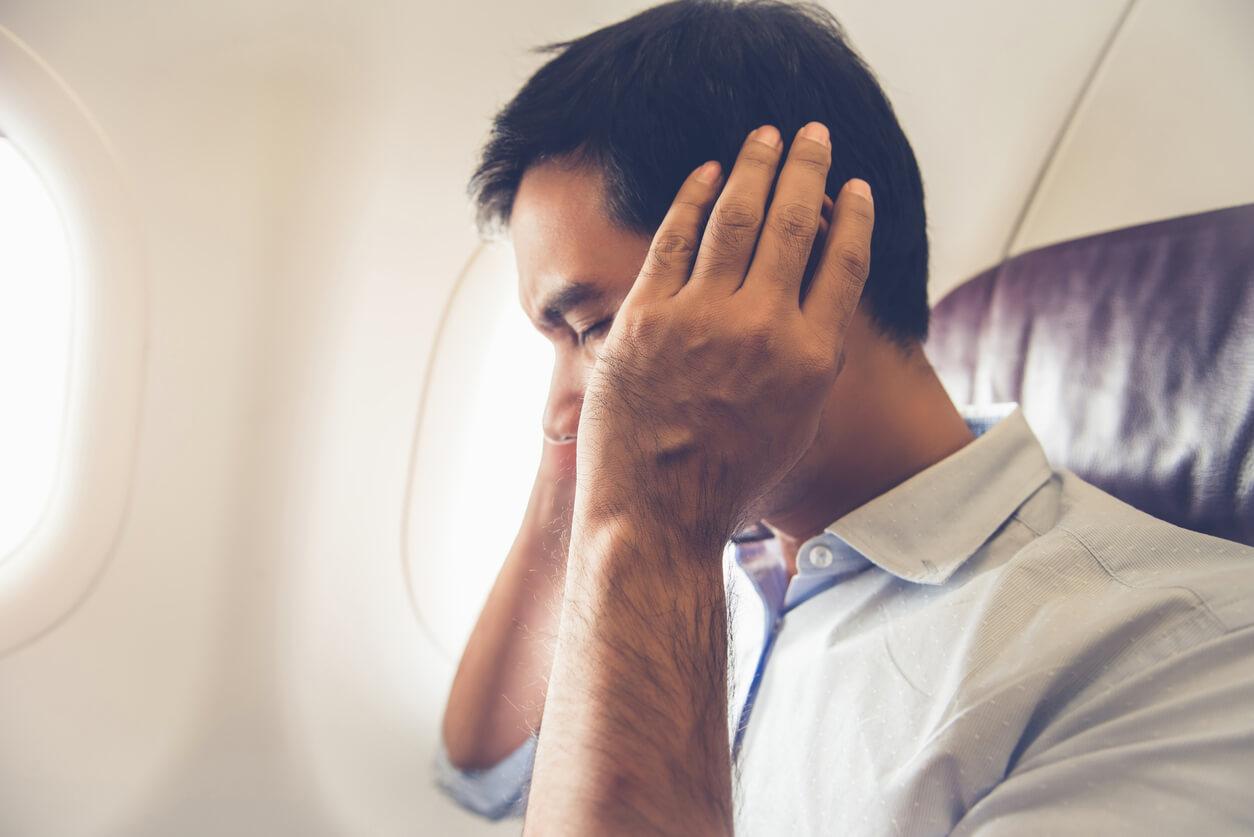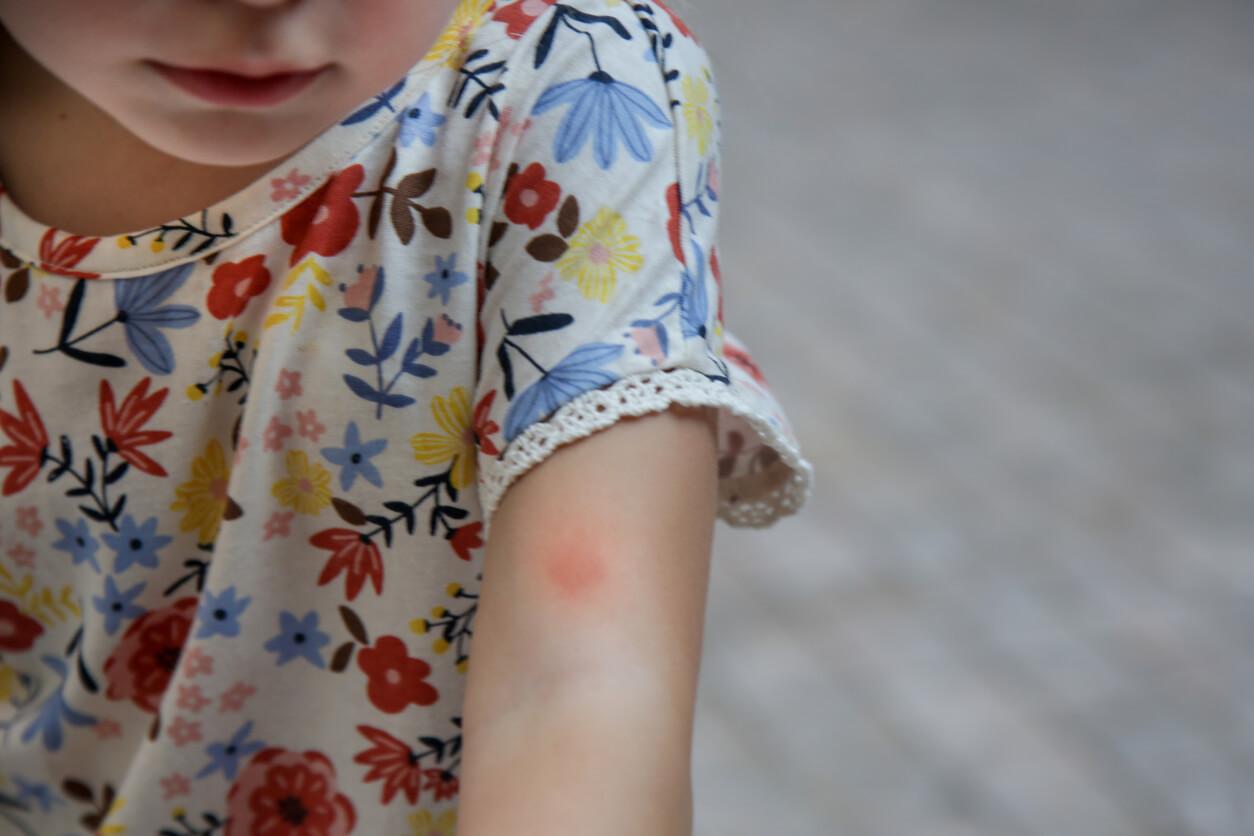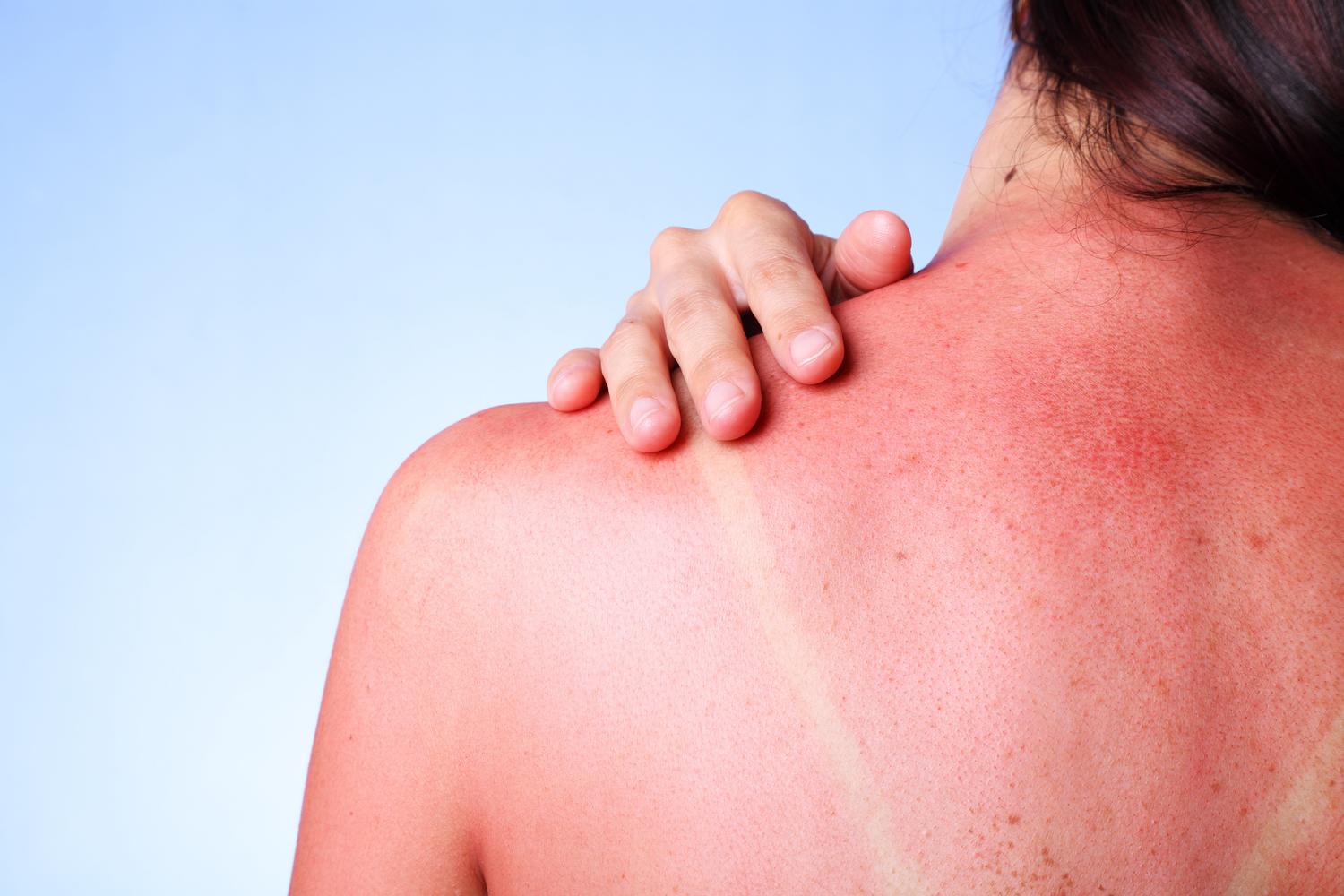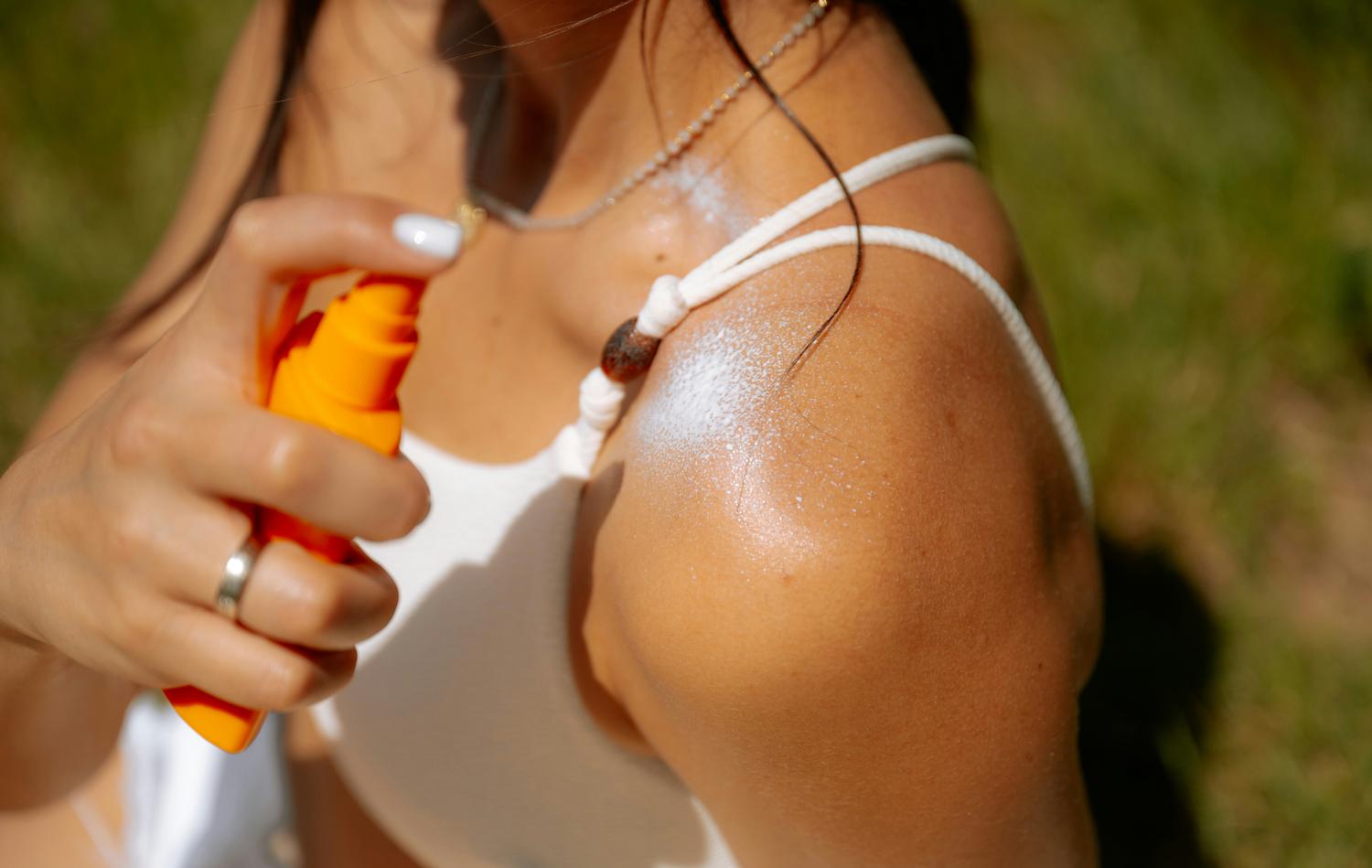9 Travel Health Tips for a Safe Vacation
Key takeaways
- Travel can make you more susceptible to certain health ailments
- Being proactive about your health needs can help prepare you for common travel health issues like bug bites, sunburns and swimmer’s ear
- Research medical care near your destination ahead of time to prepare for unexpected health issues
Prep for paradise and stay out of the ER during your travels with these 9 physician-approved tips.
Ah, the joy of a well-deserved vacation. Whether you’re heading towards a relaxing seaside retreat or the bustling energy of a new city, packing up and setting off to a new place can be exciting and thrilling.
Unfortunately, traveling can also make you more susceptible to certain health ailments. Traveler's diarrhea, pesky insect bites and other vacation woes can throw a wrench in your itinerary - especially if you don’t have access to your normal primary care provider or need out-of-state medical care.
To help you plan better and ensure your vacation is as enjoyable as possible, we’ve put together a comprehensive guide on how to stay healthy and prevent some of the most common vacation health ailments.
1. Stay rested while traveling
Stress and lack of sleep can affect your body’s physical and mental health. The chaos of traveling paired with jet lag or late-night vacation activities is the perfect storm for a worn-out immune system. This makes you more susceptible to colds, flus, respiratory illnesses and more.
While it’s easier said than done, do your best to prioritize rest and relaxation while you’re traveling. If you’re flying, consider listening to a meditation podcast while you’re waiting to board your flight, or pack an eye mask in your carry-on to help you catch up on sleep and prevent exhaustion from a time zone difference.
If you’re driving, try squeezing in 15 minutes of stretching or yoga during a road trip rest stop. You can also consider penciling an early bedtime into your vacation schedule to give your body and immune system the break it needs.
2. Pack insect repellent
Bugs can ruin your vacation with an annoying bite or sting. Mosquitoes, ticks and flies are also more active during summer, so plan accordingly. Pack EPA-approved insect repellents, and wear long sleeves, pants tucked into socks, and hats when possible. You should also try to avoid any stagnant bodies of water and uncovered food, which attract bugs.
Most insect bites and stings are harmless and cause minor skin irritation, so over-the-counter creams and ointments can typically help with itching and inflammation. You can also use a cold compress to relieve any pain or swelling.
However, if you or a loved one begins to notice more severe reactions, such as rapid swelling, difficulty breathing, dizziness, or trouble with swallowing, seek immediate medical help.
3. Bring sunscreen
To prevent sunburns, you should try to protect your skin from the sun with protective clothing during peak hours (10 am to 4 pm) and use broad-spectrum sunscreen with SPF 30 or higher. It’s recommended that sunscreen be reapplied every two hours or immediately after swimming or sweating.
To treat a sunburn, remedies like cool baths, aloe vera and fragrance-free moisturizers can help to soothe and hydrate your skin. Make sure to drink extra water to prevent dehydration, and take over-the-counter pain relievers like ibuprofen if necessary.
4. Keep your ears as dry as possible
Swimmer's ear, medically known as otitis externa, is an ear infection of the ear canal and outer ear. It commonly occurs due to prolonged exposure to water after activities like swimming or snorkeling. The damp environment facilitates bacterial growth, leading to infection.
To prevent ear infections, consider using earplugs or custom-fitted swim molds when swimming. Alternatively, you can use a hair dryer (use a low setting to protect your ears) or a towel to dry your ears after swimming or showering. Many pharmacy chains also sell over-the-counter isopropyl alcohol-based ear drops, which can help to dry out your ears after swimming.
If you experience symptoms of an ear infection, such as itchiness, redness, discomfort or pus draining from the ear, you may want to talk with a healthcare professional or book an online ear infection visit. Your provider may prescribe antibiotic ear drops to fight the infection.
5. Wash your hands before eating
Summer weather is ideal for foodborne illnesses because bacteria multiply faster in warmer temperatures. Eating bacteria-contaminated food can cause vomiting, diarrhea and other GI-related issues.
To avoid food poisoning, always wash your hands before handling food. If you don’t have access to soap and warm water, use hand sanitizer instead. Keep your raw and cooked foods separate, cook foods to a safe temperature, and refrigerate them promptly.
Usually, food poisoning resolves on its own within 48 hours. Be sure to stay hydrated, as diarrhea and vomiting can lead to dehydration. However, for severe or persistent symptoms, seek medical attention.
6. Be careful about what you eat and drink
Traveler's diarrhea is a gastrointestinal issue that’s usually caused by eating food or drinking water contaminated with bacteria, viruses or parasites. It's a common condition that often affects travelers, hence its name.
The best way to avoid traveler’s diarrhea is by being careful about what and where you eat and drink. Choose hot, freshly cooked food and be wary of any raw or undercooked seafood or meat. Drink bottled water or treated water instead of tap water, avoid ice and try to avoid swallowing water while in the shower or swimming pool. You may also want to consider packing some pre-packaged healthy snacks, like protein bars or trail mix, in the event that the local cuisine options seem unreliable.
If you’re dealing with traveler’s diarrhea, most cases improve within 1 to 2 days without treatment. Stay hydrated by drinking fluids or using oral rehydration salts, or speak to a healthcare provider to discuss whether or not antibiotics are needed. However, if symptoms persist or are accompanied by high fever or blood in stools, seek medical help immediately.
7. Get up to date on immunizations
If your travel plans include a trip outside of the country, talk to your healthcare provider about any vaccines or immunizations that might be required. This can help protect you from infectious diseases like malaria or typhoid fever. You can also check out the Centers for Disease Control and Prevention (CDC) traveler destination page for a list of countries and their vaccine and immunization requirements.
8. Be proactive about prescriptions
If you’re on medication, make sure to pack enough medication to last throughout your vacation (plus a few extra days in case of delays). You may also want to book a prescription refill appointment ahead of time to make sure that you don’t run out.
If you’re traveling outside of the country, pack medications in their original labeled containers. You should also keep a copy of your prescription from your doctor on hand to avoid any issues with customs.
9. Research medical care ahead of time
An essential (but often-overlooked) part of vacation planning involves researching nearby pharmacies and hospitals in your destination to keep you prepared in case of any unexpected health issues.
If you’re traveling out of state, call your health insurance provider to ask about out-of-state coverage. This can help you get a better sense of care options and cost in the event of an emergency. You may also want to consider purchasing travel insurance, which can help cover medical costs if you’re injured abroad.
How Sesame can help
If you’re hoping to avoid the out-of-network costs that come with seeking traditional medical care while traveling, book an online doctor appointment on Sesame. Sesame connects you directly with providers, medications and more at affordable, transparent prices - no insurance needed. That means that you can get care virtually or in-person with a healthcare professional who’s licensed to provide care in the state you’re in (and avoid a battle with your insurance over an out-of-state emergency room visit).
While the excitement of vacation often lies in unexpected adventures and breathtaking sights, the unpredictability should never extend to your health. These travel tips can help to ensure that your vacation memories will be of stunning sunsets - not the waiting room of a doctor’s office!









